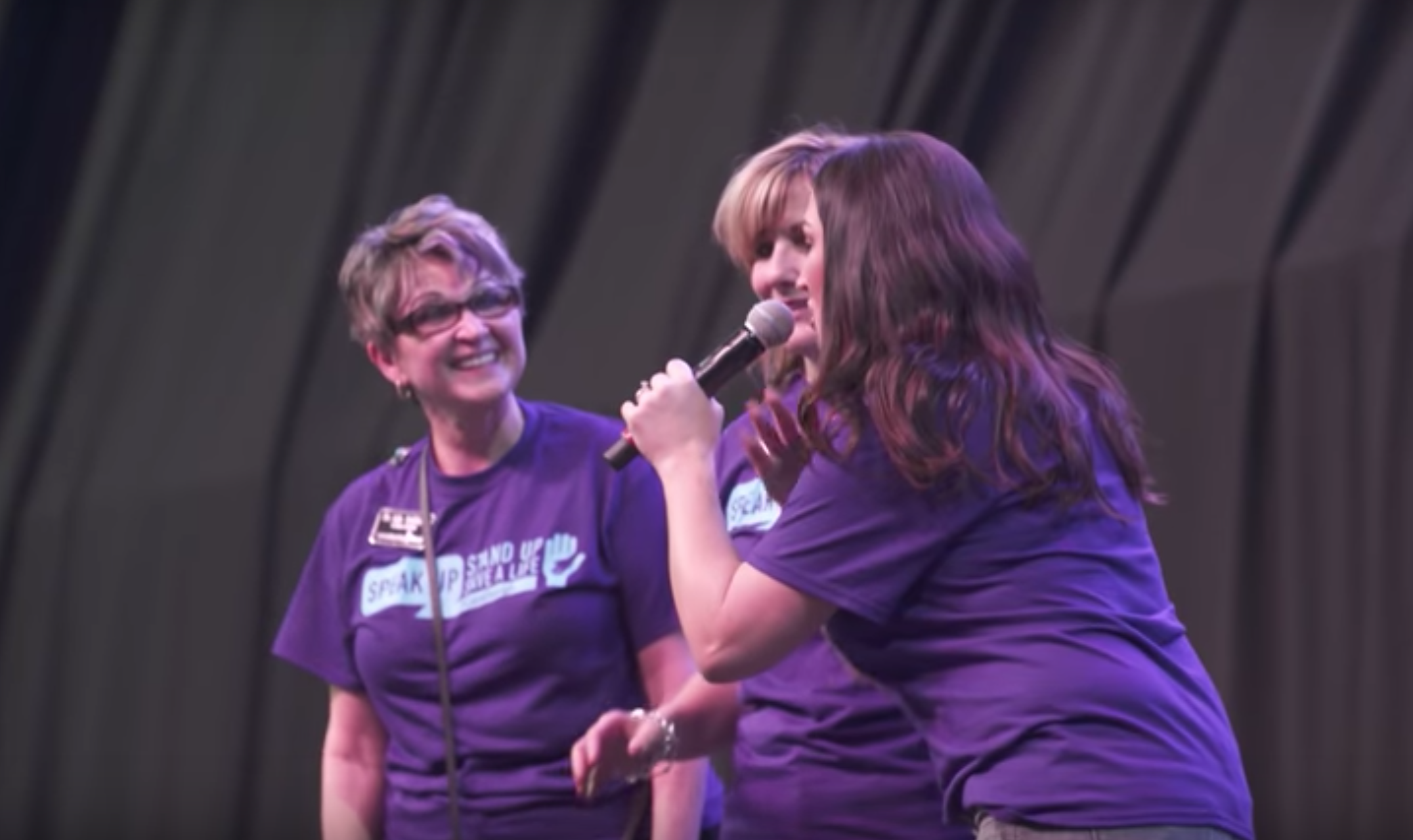OUR STORY
In February 2016, Gina Godbehere, Bureau Chief in the Community Based Prosecution Division, had been called to the scene of a local high school shooting where two girls were found dead, teen victims of a heartbreaking, preventable, murder- suicide.
In the hours and days following the tragedy, there was a familiar feeling emerging…just like in countless other school tragedies, there had been numerous warning signs, only no one said or did anything to prevent it. After the investigation was completed and all of the information was compiled, Godbehere was compelled to create a solution. She wanted to create a way to help teens not only identify when someone is in a crisis, but empower them to know what to do with that information. To spread awareness that when someone’s life is in danger, speaking up and telling a trusted adult is the right thing to do and it may just save a life.
She took the idea to Leadership West, a community – based leadership program that engages, informs and inspires proven leaders in business, non-profits and government to leverage their time, talents and leadership capital to enhance the quality of life in the West Valley and Arizona. As a member of Leadership West Class XXII, Godbehere connected with Pendergast School District Superintendent Dr. Lily Matos DeBlieux and another class colleague, Jennifer Rogers. They agreed that real change for this issue could be achieved for students in Arizona, but to have a true impact it needed to involve every sector from schools to law enforcement, to community resource partners and local leaders. Acknowledging that they may not be able to control all external factors that lead to shootings, suicides, depression, and bullying, they felt it necessary to collaborate to help empower the youth in schools throughout Arizona.

